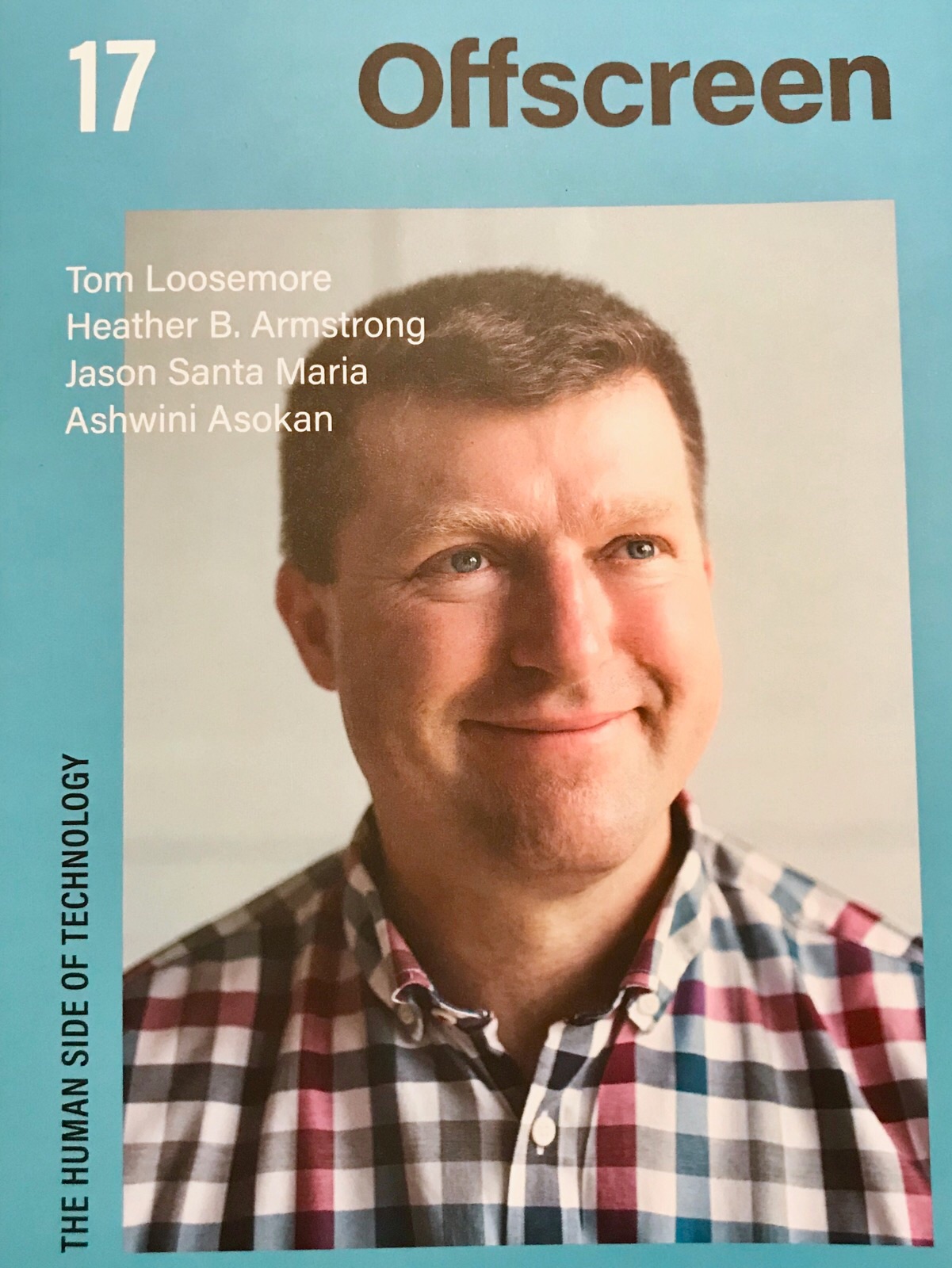Software and IT for Government

Last weekend after a short coffee nap, I had a chance to finish reading an interview in Offscreen Magazine with Tom Loosemore, a “digital reformer” from the UK who helps governments revamp their policies and systems to move into the internet era. Upon first reading the high-level description of Tom’s work, I wasn’t certain I’d enjoy reading the interview or find it very interesting. To my surprise, I gleaned a lot from the article, especially since I work in the same industry, providing software for government. Here are a few of the highlights:
Doing Good Work Under the Radar
Tom talked about his history working for Wired Magazine and also for the BBC, describing his initial attempts to “do things through the right channels”, with an eventual new approach of running his work like a startup, and attempting to keep his small team “under the radar”.
The important lesson I learned was that if you do something good, something you believe in, it will generate its own positive momentum regardless of whether you have permission or not. By showing a better way and backing it up with results, you can achieve a lot with a little. And it’s almost impossible to get fired for doing good work.
This really inspired me to be looking for the best way to do good work, even if it’s not “official” or through the correct channels of office politics.
Thoughts on Teamwork
Tom mentioned a few really cool things about teamwork, both in terms of the size of teams and the importance of a good team culture. In terms of culture, he was looking for solid team players who could lead and follow well, not rockstars. And in terms of size, he definitely advocates against bloated, large teams. Considering the numerous challenges I’ve seen in my career regarding both aspects, I can definitely agree. Tom’s mantra: “Start small and fast; stay small and fast.”

The Responsibility of Software Development
Later in the article, Tom talked about how the government implementation of IT and digital technology is most often antiquated and broken, and described the importance of software developers and consultants to help in solving this problem. He went so far as to suggest that, for those of us who “…live in a stable, democratic country, [we] should give five years of [our] time to uphold that stability.” He then gave an analogy that I thought was super helpful to consider:
Arthur C. Clarke’s famous law goes like this: any sufficiently advanced technology is indistinguishable from magic. … If you create magic, you have power over those who consume magic. In other words, if you are writing code or designing services that hide ’the magic’ away from the user and you are the only one with the key to changing that magic, you are in a very strong position of power. And with great power comes great responsibility.
There was plenty more in the interview that I enjoyed, but those are the highlights. I’m now following Tom’s blog in my RSS feed, and I’m interested to take some of his ideas to the office and share them with my team.
By The Way…
If you’re not a subscriber to Offscreen Magazine, go check it out. I’m really enjoying my subscription. It’s cool to receive a publication in the mail with articles and interviews that are (usually) only available in paper format; this contributes to a clever sort of analog-only experience. As for this specific interview, Tom got special permission to republish it on his website. Go on over and check it out for the full read.